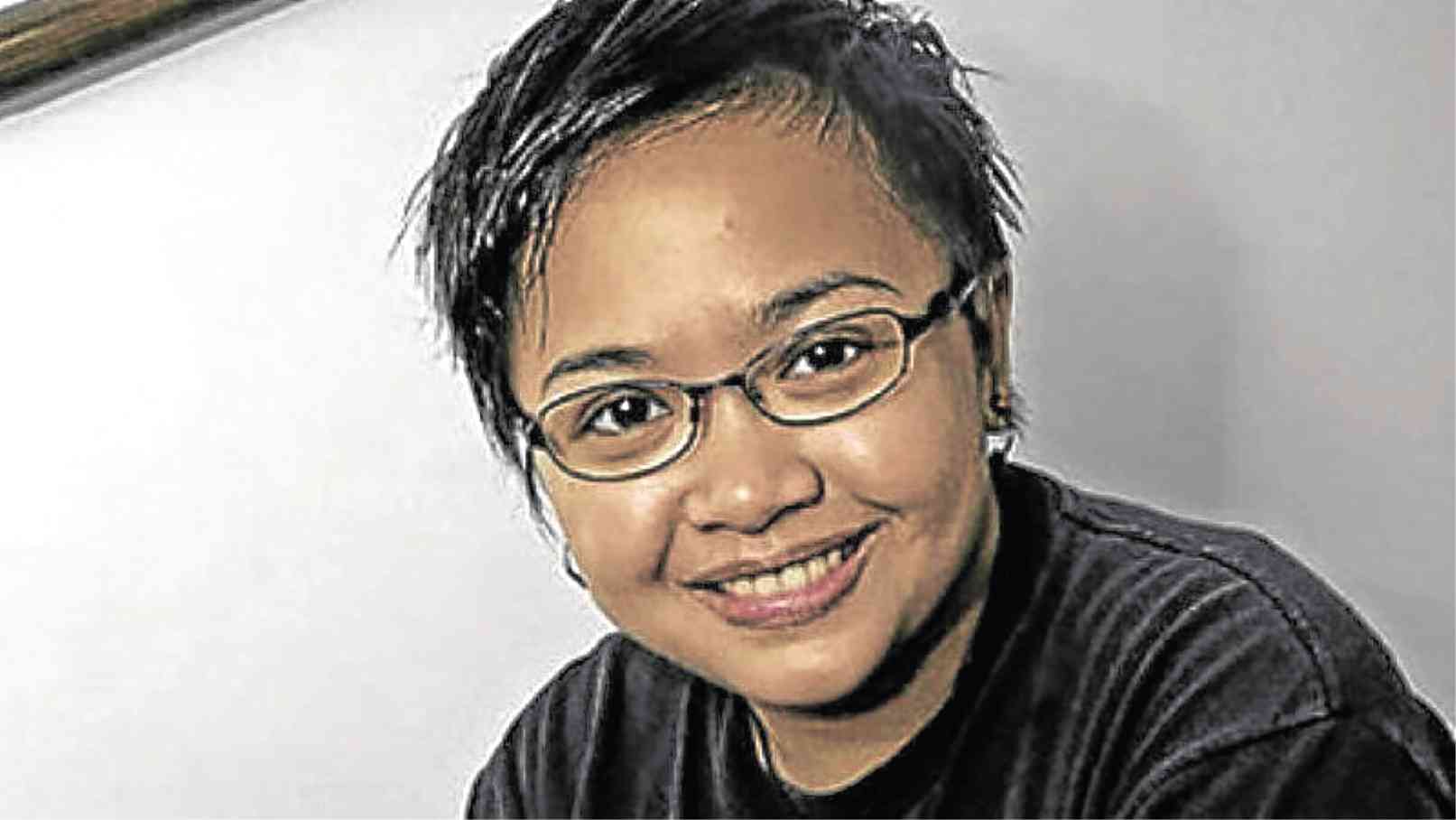New Niños and Aizas needed
THERE seems to be a renewed focus on kids on TV these days. On “Umagang Kay Ganda,” new portions for young viewers have been put in place, with a focus on novel activities for kids to engage in, toys to play with, etc.
The child-oriented portions have juvenile segment cohosts, and their performance to date exemplifies some cohosting stumbling blocks that should be recognized and minimized, if not completely eliminated.
For one thing, much of what the kid segment hosts say on the show is scripted.
Kids are at their best and most appealing when they’re being natural and spontaneous, so these scripted spiels and questions make their portions look and sound stilted.
Instead of getting good spiel-readers, the show should have trained its young cohosts to come up with spontaneous patter and comments.
Article continues after this advertisementIn the past, precociously and entertainingly loquacious kids like Niño Muhlach and Aiza Seguerra set the delightful norm for TV kids who had interesting things to say, and expressed them with no help from adult scripts.
Article continues after this advertisementSurely, new Niños and Aizas are out there, just waiting to be discovered, developed and showcased?
If none can be found right away, talent development workshops should train their young talents to think on their own, instead of relying on scripted patter.
Kids tend to be awkward and self-conscious spiel-readers, so this “easy way out” should be avoided as much as possible, because it makes for mediocre or downright bad TV.
While we’re at it, adult cohosts should also be dissuaded from their prevalent practice of “talking down” to viewers.
The way some cohosts of morning TV shows speak, they sound like they’re always talking to children, or to adults who aren’t very bright and need to be “talked down to” in order for them to be understood!
Thus, the erring cohosts sound artificially chirpy or sing-songy, speak in loud, “pushy” voices, and thus don’t come off as naturally as early-morning TV hosts should.
It would also help a lot if TV hosts stopped saying “ayan” and “OK” and “’di ba?” as much as they do!
They think that they’re sounding perky and smart, but it’s just knee-jerk excess and cliché chatter to miffed viewers.
All of these cautionary notes, for child and adult cohosts alike, are timely reminders that good early-morning show hosting is much more than just finding 10 loquacious talents who know how to read.
It’s a challenging craft and specialized art in itself to come up with the best possible mix!

